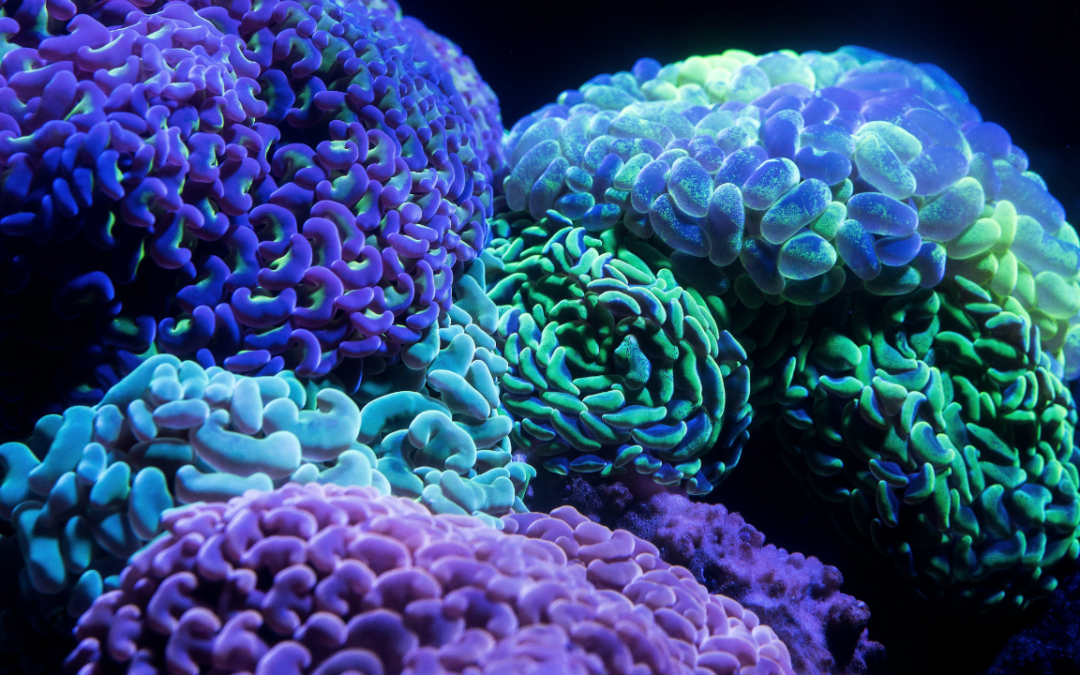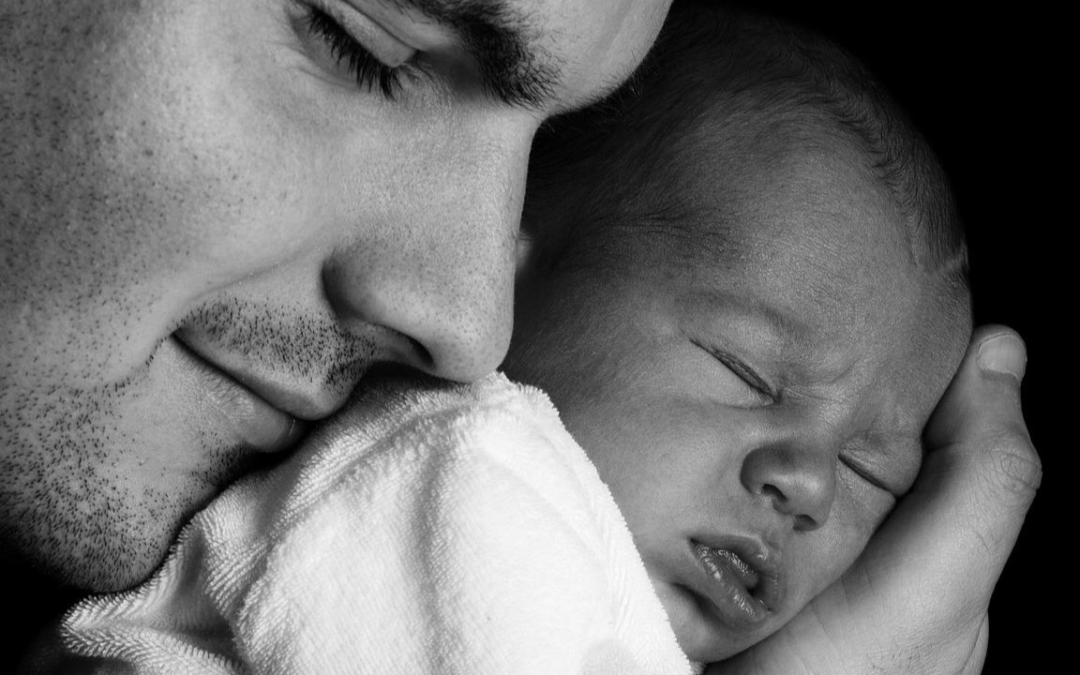
Did you know there are hidden messages in communication?
Do you really know what is getting across when you communicate?
We are always communicating. It is impossible to not-communicate.
Every interaction, every facial expression, every movement, tone of voice and even silence is communication.
In every communication there’s an underlying message that is being expressed.
The person expressing the message is often unaware of the message they are sending. Underlying messages are usually not obvious to the listeners either.
If the effect the message has feels like a threat the listener will get triggered and automatically react with discomfort and thus become defensive.
Do you know that the way your messages are getting across has a direct effect on how people are reacting to you?
Becoming aware of the message that is really getting across when you express yourself combined with learning to speak from the heart in a compassionate way will radically heal and transform your communication and your relationships.






